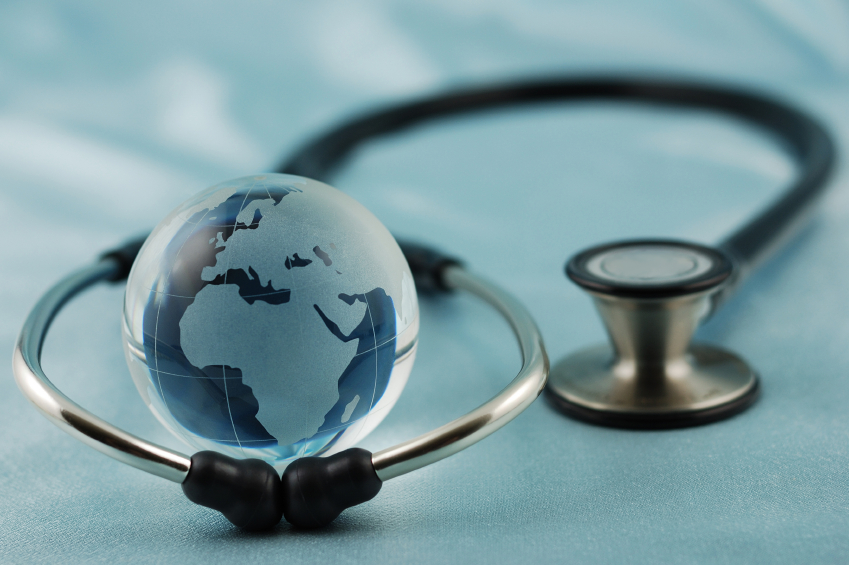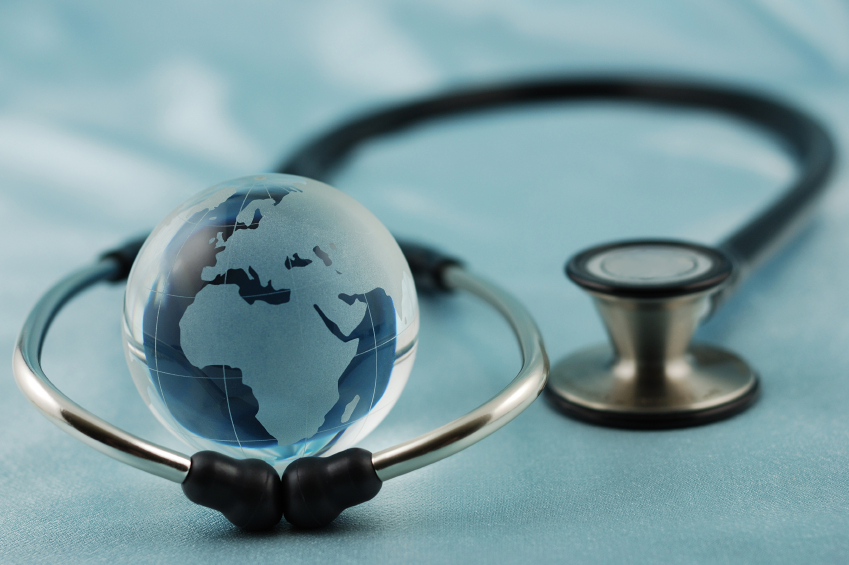The Modern Day Medical Tourist
The concept of medical tourism is a relatively new and often-controversial topic, especially in jurisdictions, which operate on publicly funded health care systems. Despite the discourse, in many regions throughout the developing world, medical tourism is fostering higher levels of economic development and trade relations, and setting higher benchmarks, quality and standards of care for healthcare service delivery and medical education. Every day, thousands of people travel outside of their home countries to seek prompt, economical and high quality medical care in medical tourism hot spots such as Cuba, India, The United Arab Emirates and Thailand.
Healthcare is a service that the entire world’s 7 billion people will need to access at some stage during their life. Healthcare sectors throughout the globe have traditionally been nationally focused towards delivering vital clinical services to their respective populations. In this rapidly changing and highly globalized age, characterized by more porous borders and an increase in trade, development and foreign relations, exporting best practices in health is on the rise (especially in the developing world). This globalization of healthcare has paved the way for the development of international standards of quality in healthcare service delivery, hospital accreditation and medical education, a process which is allowing developing nations to compete for recognition of service and education quality in the global health marketplace. Medical tourism and the policies that govern its operation have encouraged many nations to seek international standards for accreditation of educational programs in addition to advanced skills and training as a means by which to further increase the benefit from this profitable business.
The increasing mobility of health human resources, including physicians, nurses and allied healthcare professionals, across borders can benefit the economies and social systems of both developed and developing nations. For example, the United Kingdom actively recruits nurses from regions in Southeast Asia and Southern Africa, with the intention of training and fostering a higher level of capacity and sustainability in both the UK and throughout the developing nations with which the UK actively engages. Individuals from less developed regions of the globe can obtain training and gain experience, and upon returning to their country or origin, they themselves can help to build capacity within their nation’s health system.
Strengthening Economic Development and Multilateralism
An increase in the provision of health services for foreigners has acted to bolster the economies of many developing nations, allowing for reinvestment of revenues back into vital national industries and services which directly benefit local populations. The economic growth that medical tourism generates results in an overall increase in national income, thereby creating equity in access through allowing more of the local population to obtain private care and permitting funds to return to the healthcare system. Individuals who seek medical treatment abroad bring foreign currency into that nation which can subsequently stimulate an increase in jobs, income, and the quality of life of the participating nations, in addition to promoting infrastructure development to support the industry. Moreover, it can invigorate the international travel and tourism industries of many nations as well as the service, information technology and communication sectors.
The World Health Organization (WHO) has identified several ways in which the globalization of healthcare can establish and cement relationships, and promote bilateral trade and multilateralism, which in turn can help to strengthen democracy, international peace, security and human rights. Globalization breeds interdependence, and interdependent nations share an interest in maintaining mutually rewarding relationships which benefit both the citizens of the nation and those who choose to visit.
New Technologies Facilitating Health System Capacity & Development
One of the hallmarks of the process of globalization has been the proliferation of new and innovative technologies, especially in the field of healthcare, which have served to increase integration and interdependence between states. The medical tourism business requires the use of advanced technologies, and this, in turn, encourages participating countries to diversify and gain more exposure to these various technologies. Telemedicine and remote second opinion programs are developing in many jurisdictions throughout the globe, and as a result, access to quality healthcare has greatly increased. The application of remote surgery, once a notion regarded as science fiction, has come to fruition in the 21st century, allowing surgeons to conduct remote medical procedures over a dedicated fiberoptic link.
New medical technologies are also removing barriers in access to vital health services, with the creation of specialized mobile medical equipment vehicles and devices designed to deploy and respond to disaster situations, when and where prompt care is needed most. This has proven vital in areas of the globe that are vulnerable to conflict and lack the necessary healthcare infrastructure to support the health demands of the population. The healthcare landscape is rapidly evolving, and the globalization of healthcare has illustrated innovative ways of creating new channels of access to clinical services beyond domestic borders. Adena Eliasoph





